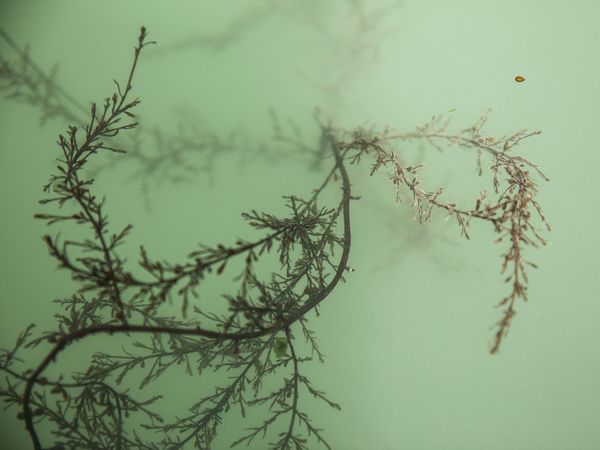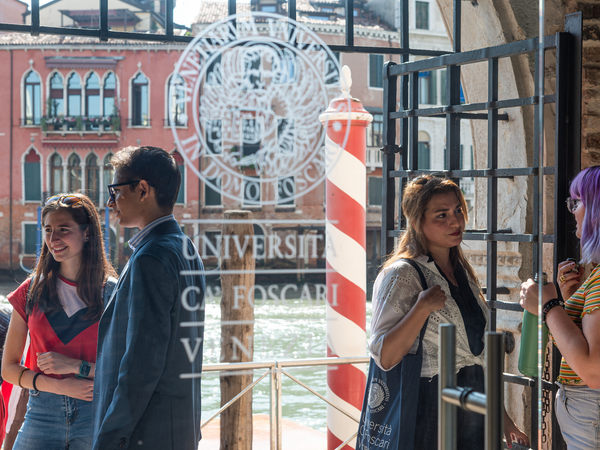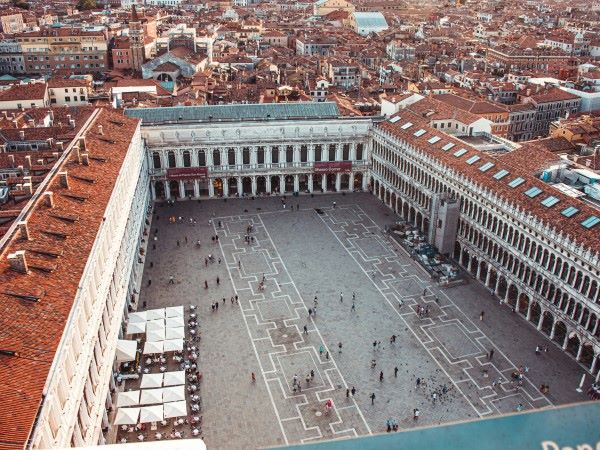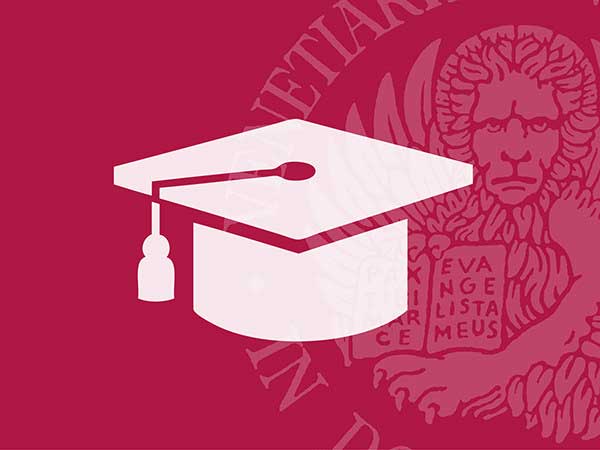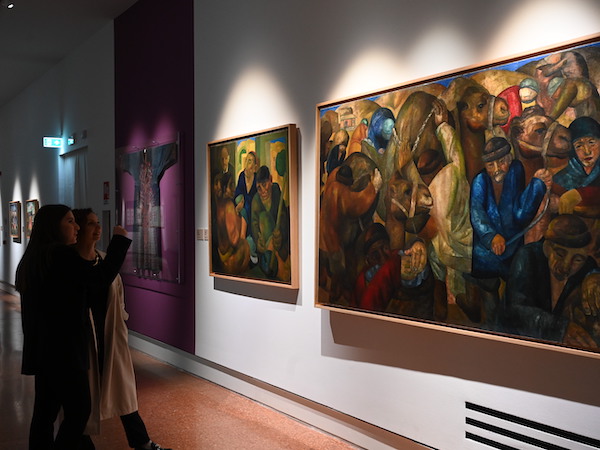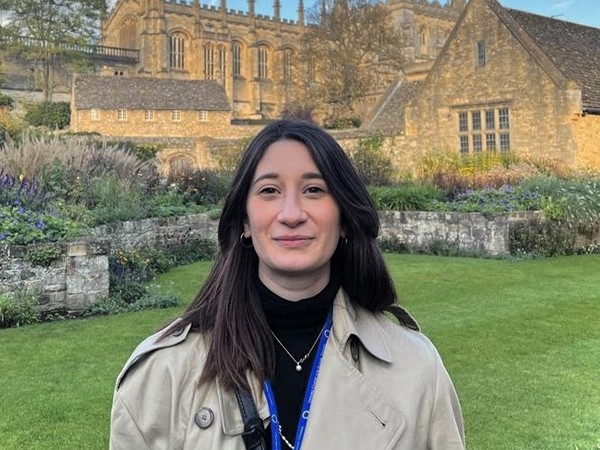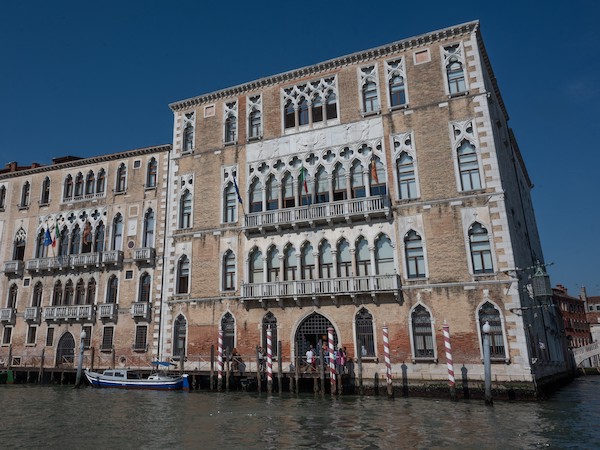At the dawn of the millennium, the atmospheric chemist Paul Crutzen conceptualized 'the Anthropocene' as a designation for today's geological epoch, in which humans have become the dominant force on Earth.
The popularisation of this paradigm spurred lively debates spanning the geosciences, the humanities, and the social sciences, as well as creative practices and environmental activism worldwide.
In 2013, Berlin's Haus der Kulturen der Welt and Max Planck Institute for the History of Science initiated the Anthropocene Curriculum to bring together scholars, artists, and the public to co-produce knowledge in week-long 'Anthropocene Campuses', involving workshops, field trips, and exhibitions in diverse regions of our planet. Each local iteration is independently organized around concerns at the intersection of the geographical and the cultural, ranging from multispecies justice to trans-scalar thinking. A web platform unites these efforts in an archive of intellectual exchange and participatory research.
Venice's Campus on Water Politics in the Age of the Anthropocene (11–16 October 2021) is the fruit of a partnership between Ca' Foscari University, the Center for the Humanities and Social Change, the Department of Philosophy and Cultural Heritage, the Haus der Kulturen der Welt, the Max Planck Institute for the History of Science, Germany's Foreign Office, the FARE project 'EarlyGeoPraxis' funded by Italy's Ministry for Universities and Research, the Danish Arts Foundation, Ocean Space & TBA21, Science Gallery, Venice International University, and the German Centre for Venetian Studies.
Its goal is to nurture reflections on the coevolution of the human and the more-than-human in the Venetian lagoonscape, which exemplifies the risks of rising sea levels and global temperatures due to unsustainable behaviour in the Global North.
Four seminars constitute the backbone of #ACV21: 'Past and Present Waterscapes'; 'System Thinking for Water Politics'; 'Aquaphobia and beyond'; 'Venice Is Leaking'.
Topics to be addressed include natural/cultural dynamics in water histories over the longue durée, quantitative versus qualitative approaches to multilayered socio-ecological practices, pluralist re-presentations of environmental matters through pre-enactment and re-embodiment strategies, and creative practices of care linked to the rhythms of everyday life in the lagoon-city's continuum of fresh- and saltwater.
A special feature will be Aquaphobia, an online virtual-reality experience conceived by the Danish artist Jakob Steensen, which is being curated by Ca' Foscari University's Cristina Baldacci, Valeria Facchin, and Black Shuck. The artwork takes inspiration from psychological, biological, and ethnographic research to encourage reflections on future water levels and climates.
The general public will be able to enjoy keynotes and practitioner talks via the YouTube channel of HSC-Venice:
MONDAY 11th, writer Amitav Ghosh at 18:00;
TUESDAY 12th, artist Jakob Steensen with curator Daniel Birnbaum at 11:30, followed by cultural historian Florike Egmond at 17:30;
WEDNESDAY 13th, systems ecologist Mark T. Brown at 17:30;
THURSDAY 14th, artists Emma Critchley and Haseeb Ahmed with curator Ariane Koek at 14:30, followed by artist Giorgio Andreotta Calò with curator Barbara Casavecchia at 18:00;
FRIDAY 15th, artists Ila Bêka and Louise Lemoine at 16:00, followed by ecofeminist cultural theorist Astrida Neimanis at 18:00.
In the words of Pietro Omodeo, 'Anthropocene Campus Venice will provide an international forum to discuss concerns about water in the context of the ecological crisis that our planet is experiencing'.





